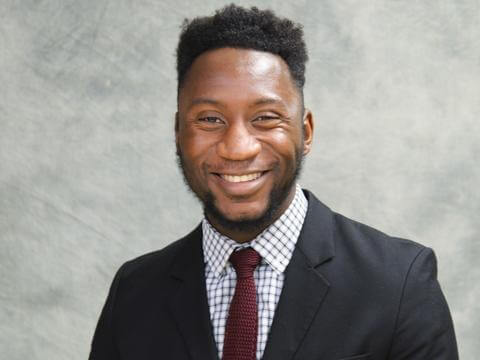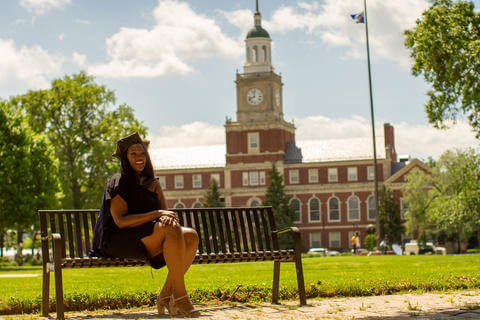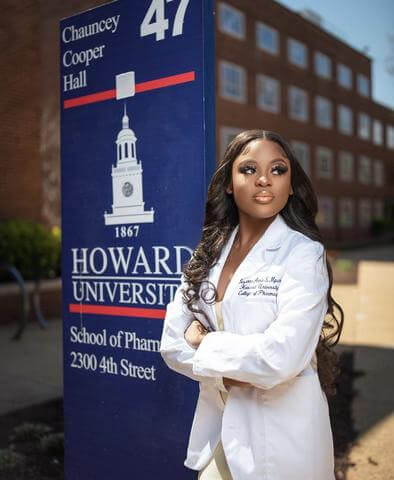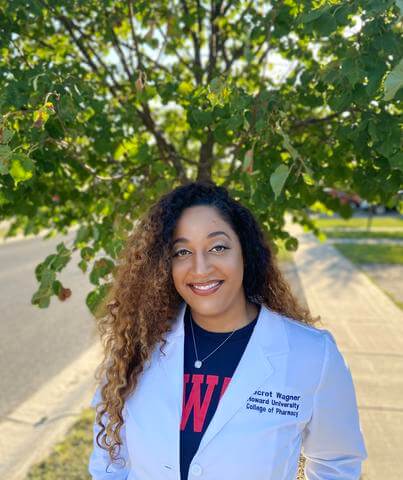Featured Article

The Experiential Education at the Howard University College of Pharmacy is the practice component of the pharmacy program curriculum. Its goal is to enhance your attitudes, skills and knowledge through experiential learning to prepare them to provide pharmaceutical care.
Experiential education is a structured learning course that occurs under the supervision of preceptors in a real pharmacy setting outside of the classroom. This learning opportunity expands upon the classroom education by providing experiences in many contemporary aspects of pharmacy practice. Practice sites include, but are not limited to:
To provide you as the student the opportunity to apply your knowledge and develop the skills required to be a practicing pharmacist upon graduation.
Not only is experiential education a required portion of the curriculum at the Howard University College of Pharmacy it also provides you the opportunity to:
Please click on the links to get the firsthand experiences from the Howard University College of Pharmacy students regarding their experiential experiences.




